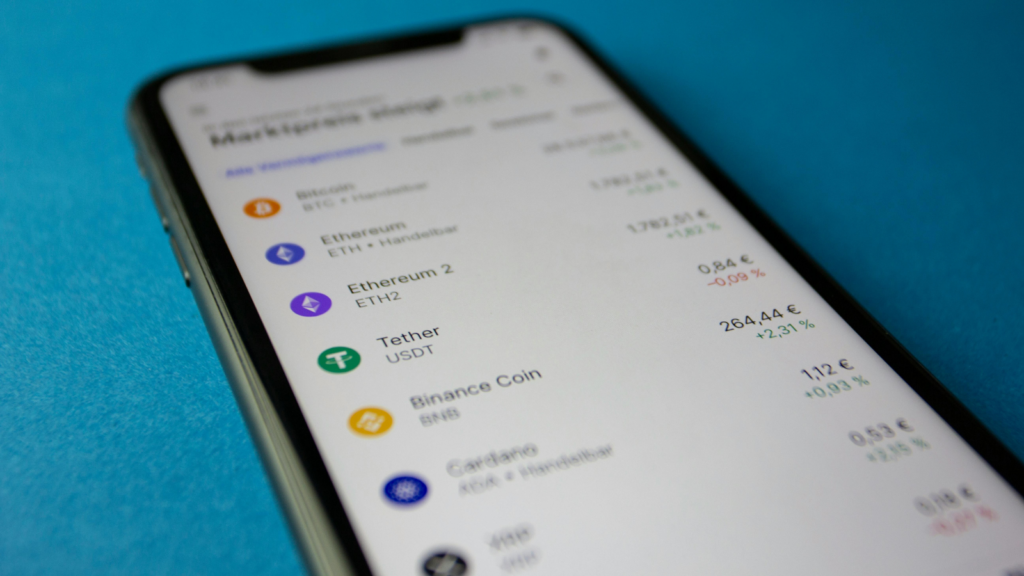In the evolving world of digital finance, cryptocurrency consortium has emerged as game-changers. They’re reshaping how we perceive and interact with currencies, creating a new paradigm that’s as intriguing as it is complex. This article delves into the fascinating world of these consortiums, shedding light on their inner workings, their impact, and their potential.
Cryptocurrency Consortium
A cryptocurrency consortium, by definition, refers to a group of organizations—most often banks—that come together to explore the potential benefits and practical applications of digital assets.
The Benefits of Cryptocurrency Consortium
Improving Blockchain Technology

Firstly, cryptocurrency consortium play a crucial role in enhancing blockchain technology. Through collaborative efforts, these consortiums investigate new avenues, for instance, faster transaction processing and ironclad security mechanisms. Examples include Ethereum’s shift to Proof of Stake method or Ripple’s adjustment protocol for optimal speed and efficiency.
Additionally, consortiums improve blockchain scalability, a known issue in decentralized systems, such as Bitcoin. The report by Ethereum World News states that consortiums like R3 and Hyperledger are constructing next-generation blockchain solutions that promise superior scalability.
Standardization across Platforms
Secondly, cryptocurrency consortium strive to enact standardization across platforms. By adopting uniform industry standards, they foster interoperability and compatibility among various digital assets and blockchain networks. For example, the Enterprise Ethereum Alliance (EEA) follows a defined protocol blueprint that takes into account software diversity and believes in harmonizing multiple blockchain implementations.
Global Digital Finance (GDF) sets norms, too. They’ve crafted a detailed taxonomy for crypto assets, ensuring clearer categorization and understanding. By implementing such standardization efforts, consortiums ultimately enhance transparency and uniformity in a space known for complexity and fragmentation. This uniform approach catalyzes mainstream acceptance of digital assets and further propels the use of blockchain tech within traditional business models.
Challenges Facing Cryptocurrency Consortium
Legal and Regulatory Hurdles

Legal obstacles form a considerable part of the complexities that cryptocurrency consortium tackle. The dynamic, global nature of cryptocurrencies, coupled with their decentralized framework, presents unique regulatory difficulties. Different countries observe varied legal perspectives towards cryptocurrencies, translating into a lack of universally accepted legal and regulatory guidelines. Cryptocurrency consortium, such as R3 that works across borders, face the tricky mission of aligning their operations with these inconsistent legal stances.
Furthermore, legislative bodies frequently struggle to determine the legal status of digital assets. They’re split between recognizing them as a type of currency, a form of property, or a novel asset class. This ambiguity further complicates the consortiums’ operations, as it impacts taxes, contractual arrangements, and dispute resolution mechanisms.
Technological and Security Issues
On the technological front, cryptocurrency consortium face numerous issues. Key among them is the inherent feature of blockchain technology – scalability. Despite the high-security level of blockchain technology, its capacity to process a large number of transactions simultaneously remains a puzzle. The current technology can handle far fewer transactions per second compared to traditional systems, thus impeding widespread implementation.
Security issues also pose a significant challenge. Despite blockchain’s commonly touted invulnerability, consortiums must address potential security risks associated with cryptocurrencies. This includes protecting user confidentiality and averting cyber-attacks. While blockchain transactions are difficult to manipulate, they’re not 100% immune to fraud and hacking.
Moreover, key technological issues, such as inter-operability – enabling different blockchain platforms to interact – are still in their infancy. As consortiums introduce their own blockchain solutions, the goal of creating a standardized, interoperable environment could become even more elusive.
The Fascinating World of These Consortiums

Cryptocurrency consortium is undeniably the future of digital finance. By transcending the limitations of Bitcoin and Ethereum, they’re embracing a broader spectrum of digital assets and stakeholders. They’re not just setting industry standards but also integrating cryptocurrencies into conventional financial systems. Their influence even extends to regulatory dialogues, demonstrating their pivotal role in the financial sector. Yet, they’re not without challenges. Legal and regulatory dilemmas, technological snags, and the quest for interoperability represent significant hurdles. But it’s these very challenges that offer a platform for innovation. As they navigate these obstacles, cryptocurrency consortium are poised to bring about profound shifts in the digital finance landscape. Their journey, though fraught with challenges, holds the promise of a more inclusive and robust digital financial ecosystem.


